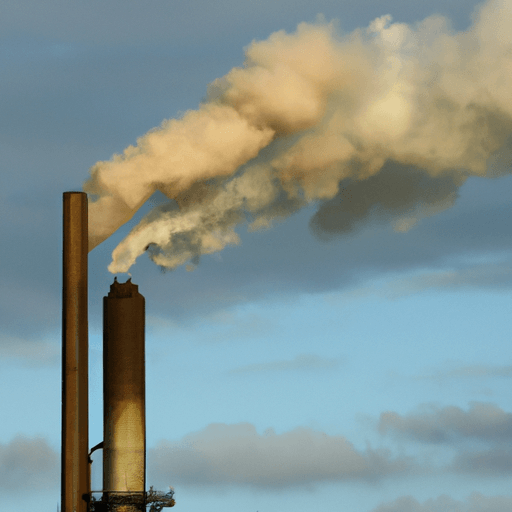Exploring How Industrialization Has Impacted the Environment in the Last Century
Industrialization has drastically changed the way humans interact with and utilize the environment. In the last century, we have seen an unprecedented increase in industrial production and as a result, an increase in environmental consequences. This article will analyze the various ways in which industrial processes have impacted the environment, discuss the long-term implications of industrialization, and consider the actions being taken to reduce its environmental impact.
Impact of Industrialization on the Environment
Industrialization has had a profound impact on the environment, contributing to climate change, air and water pollution, and other environmental consequences. Industrial processes release greenhouse gases, such as carbon dioxide, into the atmosphere, leading to global warming and climate change. Additionally, they produce hazardous air pollutants, such as sulfur dioxide and nitrogen oxides, which lead to acid rain and smog. These pollutants have been linked to respiratory illnesses and other health issues. Industrial processes also produce water pollution, as they release toxic chemicals, such as heavy metals, into the environment.
Long-Term Implications of Industrialization
The long-term implications of industrialization on the environment are far-reaching. Industrial processes have led to the depletion of natural resources, as they require large amounts of energy and raw materials. This has caused a decrease in biodiversity and has negatively impacted various ecosystems. Additionally, the air and water pollution caused by industrial processes has had a profound impact on human health, leading to an increase in respiratory illnesses and other health issues.
Reducing the Environmental Impact of Industrialization
There are a number of initiatives being taken to reduce the environmental impact of industrialization. Governments and organizations are working to develop and implement policies that will reduce air and water pollution. Additionally, businesses are increasingly investing in renewable energy sources, such as solar and wind power, in order to reduce their reliance on fossil fuels. Finally, new technologies, such as carbon capture and storage, are being developed to reduce the amount of carbon dioxide released into the atmosphere.
Conclusion
Industrialization has had a significant impact on the environment in the last century, leading to climate change, air and water pollution, and other environmental consequences. There is a growing awareness of the need to reduce the environmental impact of industrialization, and there are a number of initiatives being implemented to achieve this goal. However, there are still challenges to be addressed in order to ensure a sustainable future for the environment.

















Comments
Leave a Comment